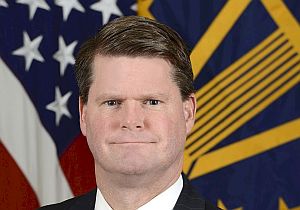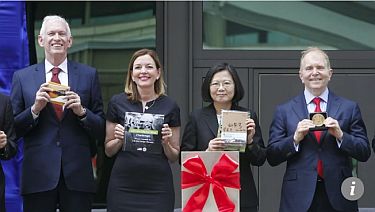Brookings
Date: December 2019
By: Kharis Templeman
Download the full report
EXECUTIVE SUMMARY
Taiwan will hold its presidential and legislative elections on January 11, 2020. The incumbent president, Tsai Ing-wen of the Democratic Progressive Party (DPP), appears increasingly likely to prevail over her main challenger, Han Kuo-yu of the Kuomintang (KMT). In the legislative campaign, the DPP now has better than even odds to retain its majority over the KMT and several smaller parties. As recently as six months ago, President Tsai’s path to re-election looked difficult. But the eruption of protests in Hong Kong and surprisingly robust economic growth in Taiwan, combined with the latest steps in Beijing’s ongoing pressure campaign, significant missteps by the opposition KMT and potential independent challengers, and continuing tensions between the United States and the People’s Republic of China (PRC), have together left her and the DPP in a greatly improved electoral position.
The results of the election will have significant implications for the PRC’s Taiwan policy and for the United States. Under Xi Jinping, the PRC has pursued a multifaceted pressure campaign against the Tsai administration over the last four years, constricting Taiwan’s remaining international space, restricting government-to-government cross-Strait communication, and ramping up military exercises and covert influence operations, but also selectively engaging with China-friendly elements of Taiwanese politics and society as well as expanding the array of benefits available to Taiwanese on the mainland. If Tsai and the DPP remain in power after the 2020 elections, as now appears increasingly likely, this strategy will not have delivered on its objectives, and it will present Beijing with a hard choice: double down, recalibrate, or fundamentally reassess its Taiwan policy.
Depending on which option it chooses, Beijing’s response to the election could in turn create a new dilemma for U.S. policy toward Taiwan. Tsai Ing-wen has been a responsible steward of cross-Strait diplomacy, despite PRC hostility toward her, and a reliable partner with Washington. Her re-election would ensure the continuation of a stable hand at the Taiwan corner of the historically fraught U.S.-PRC-Taiwan triangular relationship. If Xi chooses to double down on the pressure campaign after Tsai’s probable re-election, the United States may be forced to respond more directly in order to maintain the cross-Strait status quo. But Washington does not currently have a particularly sophisticated toolkit of its own to deter Beijing’s coercive actions, many of which occur in a kind of diplomatic and economic “grey zone” between open hostility and peaceful friction. In the next four years, Taiwan could then emerge as an important test case for whether the United States can develop a more robust set of diplomatic and economic tools to counter the PRC’s rising influence across the Indo-Pacific. [FULL STORY]









